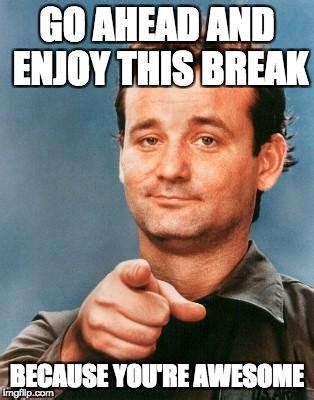8M1 English
Section outline
-
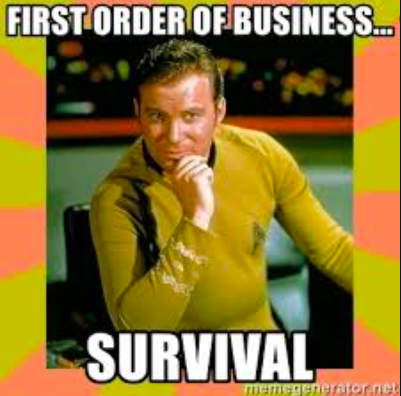
Mauria to pono
Believe in yourself
Kia ora, and welcome to your English course page for 2021. My name is Miss Wright and I will be your English teacher this year. This page is where you will be able to find all the necessary information you will require for your English course. All tasks and assessments will be placed here as well as additional lesson notes and resources. Please make it a habit to check this page at the start of each week, this will ensure that you are aware of any expectations we may have of you at that time.
Mountains staff really hope that your time here at MHJC will be full of fun and challenging activities that will see you grow as a learner. Enjoy this year and if there are any queries do come and see me or feel free to email me - swright@mhjc.school.nz
Our context this term is Survival. How do you think survival relates to you as an individual, a member of a family, community and as a MHJC student?
-
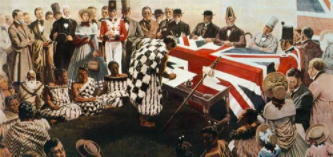
He aha te mea nui o te ao. He tāngata, he tāngata, he tāngata
What is the most important thing in the world? It is people, it is people, it is people.
Kia ora. I hope you all had a relaxing weekend. Did you go away? Perhaps to Waitangi? Te tiriti O Waitangi was signed by about 40 rangatira at Waitangi on 6th February 1840. Do you know what is contained in the Treaty? Why was it important for the Tangata Whenua and for the Europeans? What purpose did it meet and how did it affect the survival of the many different people in Aotearoa? This week, we are going to visit the library and settle into our routines at MHJC. We will revise visual language techniques and discuss the way these techniques are used to influence the emotions and understandings of the viewer. Look at the image above, do you notice anything interesting about the composition of the image?
Success Criteria: I can/have...
- Select a book for reading for pleasure
- Identify a range of visual language techniques
- Explain the effect of visual language techniques on the viewer
Activities:
- Tuesday - Library - book selection
- Do Now - Formal Language sheet - Nouns
- Visual Glossary creation - Camera framing and angles
Homework:
Read for pleasureEXPLORE / TŪHURA learning intentions:
- We are EXPLORING elements of visual language
- We are EXPLORING how visual language elements effect the viewer
- We are EXPLORING grammatical conventions in our writing
-
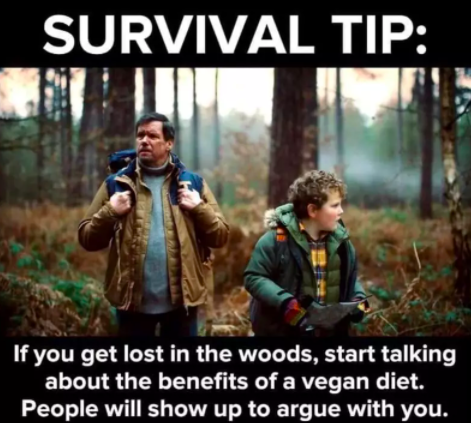
Ka ora pea au i a koe, ka ora koe ia a au
Perhaps I will survive because of you, and you survive because of me
Kia ora. We have had a busy start to the term, and I feel like I have not seen very much of you at all. This week, we are going to revise visual language techniques. You will have looked at these at the end of last year when you were viewing Wall-E. I wonder how many of them you remember........
Success Criteria: I can/have...
- Identify a range of visual language techniques
- Explain the effect of visual language techniques on the viewer
Activities:
- Do Now: Nifty nouns - common nouns (Google Classroom - will be available later this week when we are back at school - I need to scan the document)
- Visual Glossary creation - Camera framing and angles (Google Classroom)
Homework:
Complete letters to your Year 10 self - final copy ready for sealing into an envelopeEXPLORE / TŪHURA learning intentions:
- We are EXPLORING elements of visual language
- We are EXPLORING how visual language elements effect the viewer
- We are EXPLORING grammatical conventions in our writing
-

Ka ora pea au i a koe, ka ora koe ia a au
Perhaps I will survive because of you, and you survive because of me
Kia ora. I have copied the work from last week as we got interrupted by lockdown. There is a new formal language sheet in google classroom as your do now. Please remember, this work is to be completed in your books. Write the sentences out in full, otherwise you just have a list of randon words, and focus in particular on the part of speech we are exploring, for example - if we are practicing proper nouns, I am expecting to see you use capital letters correctly. This week, we are going to continue to revise visual language techniques.
Success Criteria: I can/have...
- Identify a range of visual language techniques
- Explain the effect of visual language techniques on the viewer
Activities:
- Do Now: Abstract Nouns (Google Classroom)
- Visual Glossary creation - Camera framing and angles (Google Classroom)
Homework:
Complete letters to your Year 10 self - final copy ready for sealing into an envelopeEXPLORE / TŪHURA learning intentions:
- We are EXPLORING elements of visual language
- We are EXPLORING how visual language elements effect the viewer
- We are EXPLORING grammatical conventions in our writing
-

He moana pukepuke e ekengia e te waka
A choppy sea can be navigated by a waka
Kia ora. I hope you are all keeping safe and well. Follow the must do/can do activity document and I will see you online for Google Meets.
Success Criteria: I can/have...
- Identified action verbs
- Understand that verbs need to match the number of nouns (I am, We are)
Activities:
- Formal Language - action verbs/subject verb agreement (google classroom)
- Visual Glossary Film Techniques (Individual Slideshows)
Homework:
Everything...............EXPLORE / TŪHURA learning intentions:
- We are EXPLORING elements of visual language
- We are EXPLORING how visual language elements effect the viewer
- We are EXPLORING grammatical conventions in our writing
-
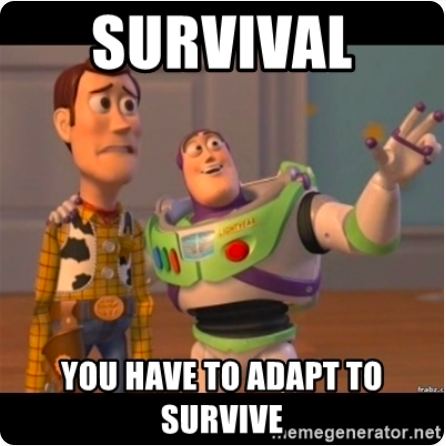
Whāia te mātauranga hei oranga mō koutou
Seek after learning for the sake of your wellbeing
Kia ora. I don't know about you, but I am happy to be back on site! This week, we are going to continue working on our visual glossaries of film techniques as well as starting to explore some stories about survival. Think about what you have learnt about survival in your other subjects. You have been experiencing many of these things first hand as we are learning as people, a nation and a world to cope with unexpected and unusual circumstances. Can you imagine what we would have done 50 years ago - before we had the internet, and wifi and even EFTPOS cards....... There was no netfix or streaming services, and there were only a couple of TV channels in New Zealand. It's scary to think about.
Success Criteria: I can/have...
- Identify a range of visual language techniques
- Explain the effect of visual language techniques on the viewer
- Read for understanding
Activities:
- Do now - Agreement of Subject and Verb (Google Classroom)
- Chapter One; The Maze Runner (Reading to)
- I survived - bus stop activity - identify key actions that lead to survival
Homework:
Visual GlossariesEXPLORE / TŪHURA learning intentions:
- We are EXPLORING elements of visual language
- We are EXPLORING how visual language elements effect the viewer
- We are EXPLORING grammatical conventions in our writing
-
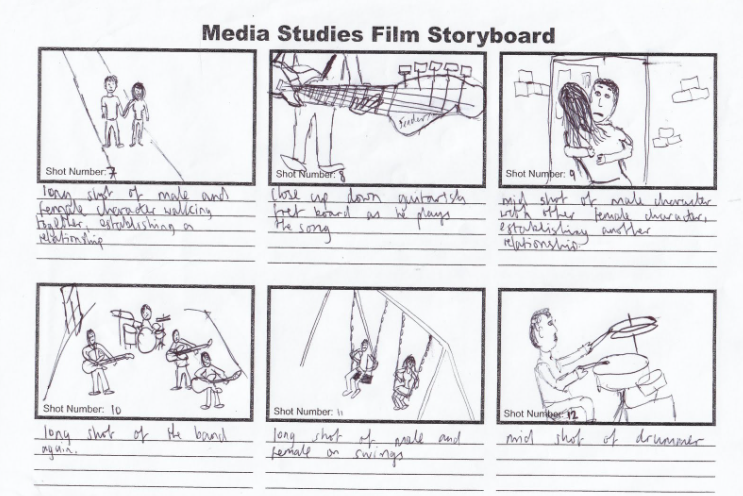
Kia kawea tātou e te rēhia
Let us enjoy the spirit of entertainment
Kia ora. Have you been watching the America's Cup? What a story of persistence, determination and survival! While not a life threatening situation, the stress caused to both the athletes and the spectators is immense! This week, we are going to continue working on storyboards, and how we can make deliberate choices about film techniques to influence the viewer. I am aslo hopeing we will have an opportunity to watch the movie!
Success Criteria: I can/have...
- Identify a range of visual language techniques
- Explain the effect of visual language techniques on the viewer
- Read for understanding
Activities:
- Do now: Formal Language - Collective Nouns (Google Classroom)
- Chapter 2 - The Mazerunner (Reading to)
- Survival Stories - Bus stop to identify key moments and actions
Homework:
Complete formal language activityFOCUS / ARONGA learning intentions:
- We are FOCUSING on Identifying key moments or actions in a script
- We are FOCUSING choosing a film technique that enhances the viewers understanding of this moment
- We are FOCUSING on selecting a range of camera angles and framing in our story telling
-
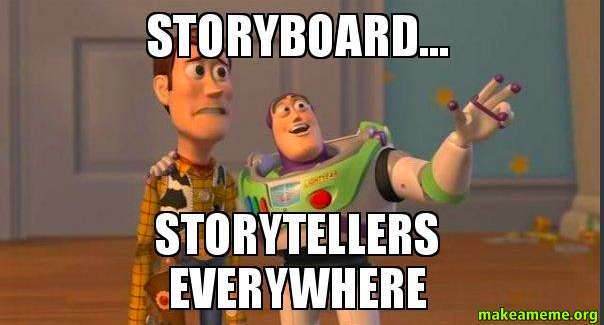
Ma te huruhuru, ka rere te manu
With the feathers of knowledge the bird will fly
Kia ora. This week we are going to continue working on our storyboard in our groups. You have had previous groups unpack the text (story) and now you are using the information they have provided to you to create a 6 box storyboard that captures one key moment in the story. You will not be able to tell the whole story in 6 boxes, so pick a moment where you know you can use a range of film techniques to convey the idea and emotion of the moment to your viewer. Think about camera framing, angles, movement and the use of sound. I am NOT marking your artistic ability - the sketch (can be stick figures) shows me that you understand the camera framing and angles, so make sure if you are using a close up that the stetch in the box is a close up)
Success Criteria: I can/have...
- Identify key moments in a story
- Use a range of film techniques to share a key moment in a story
- Use film techniques to effect
Activities:
- Do Now - Formal Language - Verb tense (Google Classroom)
- Group Task - Storyboarding
Homework:
Write here...FOCUS / ARONGA learning intentions:
- We are FOCUSING on Identifying key moments or actions in a script
- We are FOCUSING choosing a film technique that enhances the viewers understanding of this moment
- We are FOCUSING on selecting a range of camera angles and framing in our story telling
-
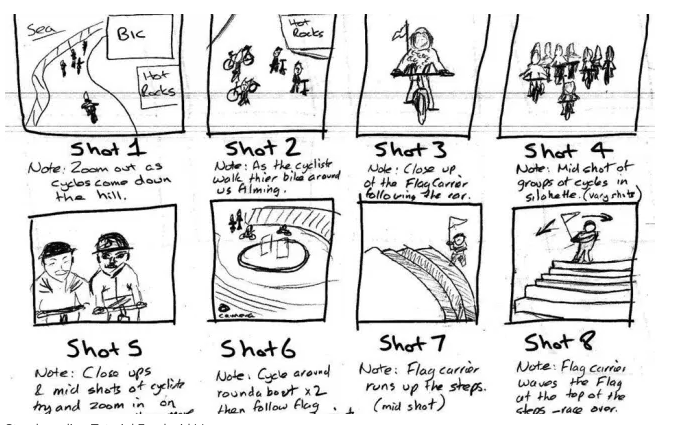
Tē tōia, tē haumatia
Nothing can be achieved without a plan, workforce and way of doing things
Kia ora. This week we are going to continue to work on our storyboard skills. I am going to introduce your assessment task to you and we are going to start working on it is class. It will be due next week, so you will need to spend some time at home to complete it. We have a short week this week as Friday is Good Friday - followed by a short week next week as Monday and Tuesday are also no-school days (Easter Monday and school holiday Tuesday). Friday next week is our community fun day, so the pressure is really on us to get our work completed. Whatever you do as a family over the Easter break, I hope you have a fantastic time and enjoy Level One in Aotearoa.
Success Criteria: I can/have...
- Identify key moments in a story
- Use a range of film techniques to share a key moment in a story
- Use film techniques to effect
- Do Now - Formal Language - Forming Verbs (Google Classroom)
- Assessment Task - Overview
- Work on Assessment Task
Homework:
Assessment Task OneFOCUS / ARONGA learning intentions:
- We are FOCUSING on Identifying key moments or actions in a script
- We are FOCUSING choosing a film technique that enhances the viewers understanding of this moment
- We are FOCUSING on selecting a range of camera angles and framing in our story telling
-
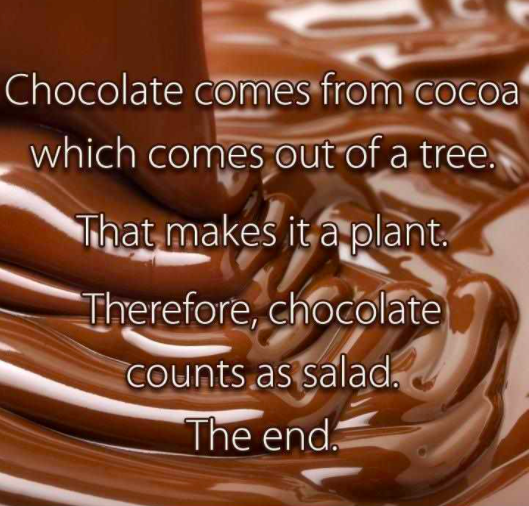
He iti te mokoroa nāna te kahikatea i kakati
Even the small can make a big impact on the big
Kia ora. I hope you all had a restful Easter and did not eat too much chocolate (There is no such thing as TOO MUCH CHOCOLATE). This week, we only one session to get your storyboards scanned in and uploaded with your discussion paragraphs. You will need to be prepared to upload and submit on Thursday. Friday is community fun day, so there is light at the end of the tunnel!
Success Criteria: I can/have...
- Select a moment from a text to storyboard
- Use a range of film techniques for effect
- Write to explain my film technique choices
Activities:
- Formal Language - Verb Tense (Google classroom)
- Complete storyboard and paragraph
- Complete all unfinished formal language work
Homework:
Read a book :-)PLAN & DO / WHAKAMAHI learning intentions:
- We are PLANNING our storyboard so that we can design a series of camera angles and framing that create an effect on the viewer.
- We are CONSTRUCTING a visual moment based on a text.
- We are SHARING the deliberate choices we made when creating the range of shots we used.
-
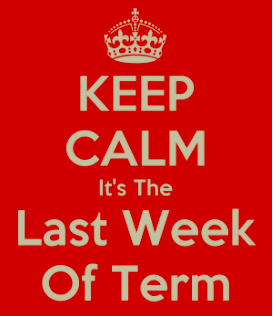
Ehara taku toa, he takitahi, he toa takitini
Success is not mine alone, it is due to the work of all of us
Kia ora. I hope you had a good day on Friday - what was your favourite activity (queuing at the food trucks is NOT an activity!). I enjoyed watching the bubble football and the cultural performances! This week, we are going to upload your assessment task if you have not already done so, and look at film techniques "in the wild" - this means we are going to watch some short films.Success Criteria: I can/have...
- Identify a range of film techniques
- Explain the effect of these techniques on the audience
Activities:
- Do now - Formal Language - Google classroom
- Focused viewing
Homework:
Read a bookREFLECT / WHAIWHAKAARO learning intentions:
- We are REFLECTING on any problems or issues we had when working on our storyboards, and evaluating our strengths when overcoming these.
-
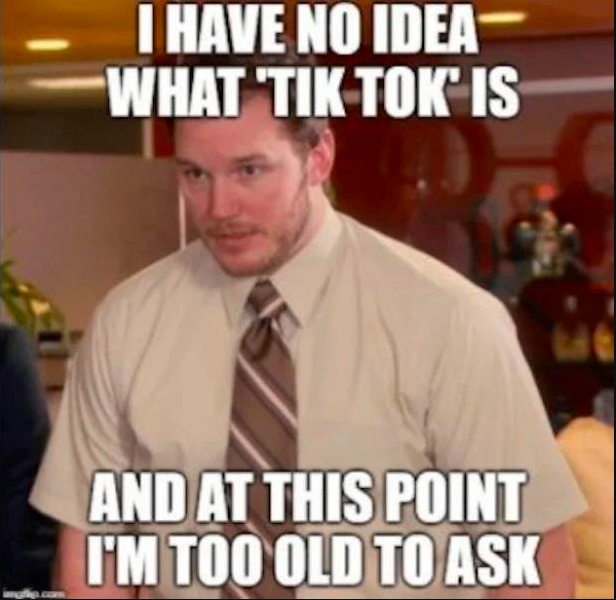
Mā te huruhuru ka rere te manu
With feathers the bird can soarKia ora, I hope you all had a relaxing term break and are refreshed for the term ahead. This term we are going to look at figurative language - the language of poetry and advertising.
Success Criteria: I can/have...
- Identify figurative language
- Use figurative language in my writing
- Analyse the language of advertising
Activities:
- Do Now - Formal Language (Google Classroom)
- Create a glossary of figurative language
Homework:
Read a book -

Me he manu au e kakapa nei
I am all a-flutter like a bird
Kia ora. I really enjoyed seeing the idioms you worked on on Tuesday. Ther are fantastic. This week, I would like you to complete at least one idiom picture, and we are going to continue working on poetic and figurative language. We are going to use a writing framework to write our own poems too!
Success Criteria: I can/have...
- Identify and explain a range of poetic techniques
- Use a writing framework to create a piece of poetic writing
- Use a range of figurative and poetic techniques in my writing
Activities:
- Do now - formal language (Google classroom)
- Poetic techniques definitions
- Contruct a colour poem using the writing framework provided
Homework:
Idiom imagesEXPLORE / TŪHURA learning intentions:
- We are EXPLORING the poetic techniques we recognise and how these are organised to create effect
- We are EXPLORING the use of figurative language and poetic techniques in advertising
-
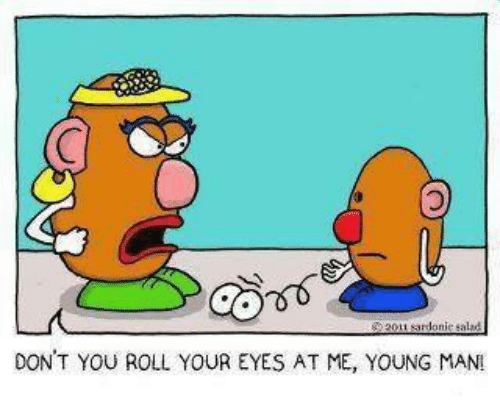
Ēhara tāku toa i te toa takitahi, ēngari he toa takitini
My valour is not that of the individual, but that of the multitudes.
Kia ora. It's kindness week - have a think about how you can show kindness. I hope that kindness is also shown to you. Remember to hunt out a pink shirt for Friday!
Success Criteria: I can/have...
- Identify and explain a range of poetic techniques
- Use a writing framework to create a piece of poetic writing
- Use a range of figurative and poetic techniques in my writing
Activities:
- Do now - Formal Language (Nouns - Google Classroom)
- Write a Haiku
- Publish haiku
Homework:
Read a bookEXPLORE / TŪHURA learning intentions:
- We are EXPLORING the poetic techniques we recognise and how these are organised to create effect
- We are EXPLORING the use of figurative language and poetic techniques in advertising
-

Whaowhia te kete mātauranga
Fill the basket of knowledge
Kia ora. I have enjoyed reading your poetry. I hope you have found a structure or format of poetry you like. This week we are going to continue exploring more poetic forms, and start to use our knowledge of poetic features to annotate poems.
Success Criteria: I can/have...
- Identify and explain a range of poetic techniques
- Use a writing framework to create a piece of poetic writing
- Use a range of figurative and poetic techniques in my writing
Activities:
- Do now - Formal Language (Google classroom)
- Continue with poetic writing - free verse
- Annotate a poem for poetic features
Homework:
Read a poemEXPLORE / TŪHURA learning intentions:
- We are EXPLORING the poetic techniques we recognise and how these are organised to create effect
- We are EXPLORING the use of figurative language and poetic techniques in advertising
-

He oranga ngākau, he pikinga waiora
Positive feelings within you enhances wellbeing
Kia ora. It has been wonderful to read your poems. You are using language to paint a picture with words. This week, we are going to continue using the language of poetry, and poetic techniques - but instead of writing poetry we are going to write advertisements. What language techniques do you think will be useful when trying to convince someone to spend money on a product, or time to view an activity?
Success Criteria: I can/have...
- Identify and explain a range of poetic techniques
- Use a writing framework to create a piece of poetic writing
- Use a range of figurative and poetic techniques in my writing
Activities:
- Do now - formal language (google classroom)
- Locate an advertisement aimed at school age children
- Identify the language techniques used to aim this advertisement at children
- Identify other elements of visual language used to appeal to the target audience
- Create own product and advertisement for target audience
Homework:
Read a bookEXPLORE / TŪHURA learning intentions:
- We are EXPLORING the poetic techniques we recognise and how these are organised to create effect
- We are EXPLORING the use of figurative language and poetic techniques in advertising
-
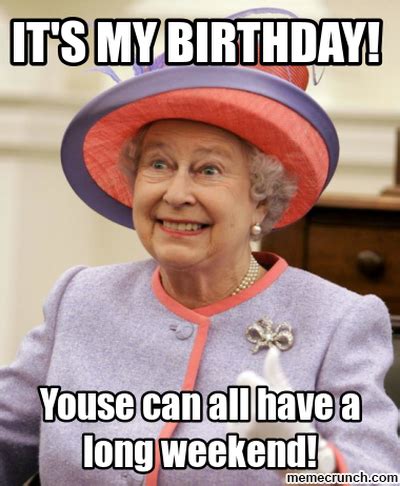
Nau i whatu te kakahu; he taniko taku
You wove the cloak, I made the border
Kia ora. Another Queen's Birthday honours list and still no mention of my name...... ah well, there's always next year. :-). This week, you are going to use your knowledge of poetic techniques to create your own advertisements. You will have the choice of your own product (though there may be a lollipop prize for advertising your favourite teacher (that's ME!!)) I am looking forward to seeing what you come up with!
Success Criteria: I can/have...
- Identify and explain a range of poetic techniques
- Use a writing framework to create a piece of poetic writing
- Use a range of figurative and poetic techniques in my writing
Activities:
- Do now - formal language (google Classroom)
- Individual advertisements
Homework:
Read a book!FOCUS / ARONGA learning intentions:
- We are FOCUSING on choosing appropriate poetic techniques to advertise a product.
- We are FOCUSING on explaining how our chosen techniques influence our audience.
-
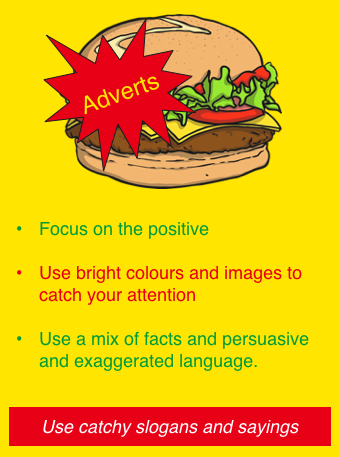
Waiho ma te tangata e mihi, kia tau ai.
It would be better to let others praise.
Kia ora. Well done on making it halfway through the term. This week, we are going to continue creating our own advertisements - remember to use the language of advertising - you are trying to SELL your product to your viewer!
Success Criteria: I can/have...
- Identify and explain a range of poetic techniques
- Use a writing framework to create a piece of poetic writing
- Use a range of figurative and poetic techniques in my writing
Activities:
- Do now - Formal Language (Google Classroom)
- Continue creating your own advertisement (product of your choice)
Homework:
Read a bookFOCUS / ARONGA learning intentions:
- We are FOCUSING on choosing appropriate poetic techniques to advertise a product.
- We are FOCUSING on explaining how our chosen techniques influence our audience.
-
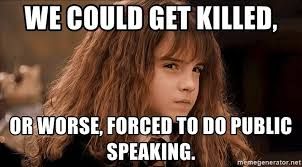
He aha te kai ō te rangatira? He Kōrero, he kōrero, he kōrero.
What is the food of the leader. It is knowledge. It is communication.
Kia ora. This week, you are going to complete your advertisements of the product of your choice. You are also going to complete your asTTle testing. We are also going to start looking at speeches. You will have the remainder of the term to select, research and draft your speech and the holiday break to learn and practice your speeches. You will be delivering your speeches in small groups at the start of Term Three.
Success Criteria: I can/have...
- Identify and explain a range of poetic techniques
- Use a writing framework to create a piece of poetic writing
- Use a range of figurative and poetic techniques in my writing
Activities:
- Complete Advertisement
- Select a speech topic
- Research speech topic
Homework:
Read a bookINFO FROM APPA:
APPA Speech Competition Preparation Guide
TOPIC SELECTION (Diversity)
Care should be taken in selection of the topics. The topic should be relevant to the age of the presenter and the experiences they have had.
Topics should not lead to the denigration and put downs of people. This often arises when contestants choose to speak about family members. Language should be appropriate and the use of slang and colloquialisms avoided.
TIME
Speeches presented by contestants should be limited to three minutes duration.
SPEECH CONSTRUCTION
There are three parts to a speech:
Introduction,
Body (e.g. develop 3 main points)
Conclusion
In order to gain the audience’s attention there needs to be a strong introduction: e.g. “Water rushed down the stairs towards us, what was I to do?” Avoid having speech starters like: “Today I am going to talk about…”
It is important to involve the audience, keep the audience interested and keen to hear what is the message of the speech.
Once their attention has been caught it is important to convince the audience, make them believe in the message. Then provide further information to support the message. Offer facts and opinions to back up, develop and prove the points – try not to offer more than 3 main points or else it can become confusing.
e.g. Tell of Mr Smith’s accident, flooding whilst on holiday, Chief Engineer’s report, analysis of accidents from Police reports etc.
Finish with a punchy conclusion. Try to sum up so the audience is still involved and will remember your message. A good conclusion often links back to the introduction.
SOME IDEAS FOR PREPARING A SPEECH
Jot down all the ideas and facts about your topic as you think of them – research the topic.
Arrange your material according to where in the speech format/structure you think it would be best used. E.g. introduction, body, conclusion. Note – no props are permitted.
Become really familiar with all the information you have and put it together in a way with which you feel comfortable.
Condense the main points and write on small cards which can be held in the palm of your hand – do not attempt to write out the whole speech.
Practice your speech from your cards. Do it out loud as often as you feel you need to be comfortable with the flow. Also practice in front of a mirror so you can see your expression, stance and gestures.
Practice in front of your family and friends and ask them for constructive feedback. Involve your audience by including them with eye-contact.
Memorise the introduction and conclusion so you can involve the audience at the start as well as leave them with the full impact of your speech at the end.
USING YOUR VOICE
Remember that this is a speech and not a dramatic performance but still try to use and vary the following:
SPEED – Speak slowly enough for the audience to understand you. Change your pace as appropriate.
PITCH – You have a wide range of 1 to 2 octaves to use.
EXPRESSION – Use your voice to show emotions e.g. fear, anger, excitement, sorrow etc.
VOLUME – Every word of your speech is important. The whole audience needs to be able to hear every word or else they will “switch off” from you. Practice projecting your voice in a large room.
GESTURE – Facial and body gestures should enhance not detract/distract.
ELEMENTS OF A GREAT SPEECH – THE TEN RULES!
Speak to their hearts – a great speech should be personal.
Make it real – your listeners feel like they are living the moment with you.
Make it memorable – your listeners will remember your main points far into the future, even if they forget your name or speech title.
Make it valuable – give your listeners some useful information they can take away with them.
Interact with your audience – make your speech relevant through use of relevant humour, personal stories. Use lots of eye-contact.
Make it fun – if you’re having a good time, so will your audience.
Make it visual – use quotes, stories, anecdotes, and word pictures so your listeners can see it with their mind’s eye as well as hear it.
Make it passionate – if you really care about your topic, so will your audience.
Be enthusiastic – your enthusiasm is infectious.
Be clear, concise and brief – keep your words simple and to the point.
-
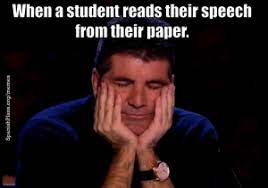
He aha te kai ō te rangatira? He Kōrero, he kōrero, he kōrero.
What is the food of the leader. It is knowledge. It is communication.
Kia ora. I hope you all had a restful weekend. This week, you need to select your speech topic (and have it approved by me) and start researching. Your draft speech should be completed by the end of next week so that you can practice it over the term break. You will be presenting your speeches in small groups starting in Week One of Term Three.
Success Criteria: I can/have...
- Select an appropriate speech topic
- Research topic using a research framework (KW Chart, T-Chart)
- Draft speech
- Create cuecards based on speech
Activities:
- Do now (Google classroom)
- Select and submit speech topic (google classroom)
- Research speech topic (KW Chart - T Chart)
Homework:
Read a bookPLAN & DO / WHAKAMAHI learning intentions:
- We are PLANNING an advertisement that uses elements of Static design to promote an item of choice so that we can present our item to a wider audience
-
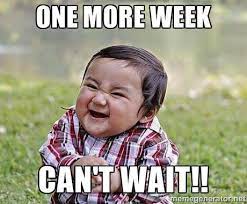
He manawa tītī
A person with great endurance
Kia ora. We have made it. Through frosty mornings and cross country we have arrived at the last week of Term Two. Yipee!! This week we are going to look at the structure of your speeches and how to use your voice and body language to deliver an effective speech. You should have completed your research so this week will be our time to draft the content of your speech. You will then have the holiday break to practice and prepare your cue cards, before your return to Term Three where you will deliver your speech in front of a small group.
Success Criteria: I can/have...
- Identify appropriate sources for research
- Record notes using a T-chart
- Use a writing framework (SEXY) to draft paragraphs
- Write an introduction and conclusion
- Prepare cue cards
Activities:
- Do now - formal language (google classroom)
- Draft speech paragraphs
- Draft introduction and conclusion
- Create cue cards
- Practice
Homework:
Practice your speechPLAN & DO / WHAKAMAHI learning intentions:
- We are PLANNING an advertisement that uses elements of Static design to promote an item of choice so that we can present our item to a wider audience
-

He maurea kai whiria!
Ignore small matters and direct effort toward important projects
Kia ora. I hope you all had a great break and kept warm and dry. There has been some wild weather about! This term we are going to start with delivering our speeches in small groups. We will then look at the fantastic and fantastical world around us. We will read to locate and retrieve information and write creatively.
Success Criteria: I can/have...
- Deliver a prepared speech
- Use cue cards appropriately
- Use a range of tone, pace and volume
- Establish a rapport with my audience through gesture, stance and eye contact
Activities:
- Do now - formal language (google classroom)
- Record group members for speech presentations (google classroom)
- Deliver speeches
Homework:
Read a book (fantastic and fantastical) -

Whāia te mātauranga hei oranga mō koutou
Seek after learning for the sake of your wellbeing
Kia ora, kia orana. Welcome to Cook Island language week. This week we are going to complete speeches, I still have a number of students in this class who have not yet delivered their speech, and then we are going to look at this terms context; Believe it or not........ we are going to write fantastical fiction - and your job is going to be to create a story that is fantasy, but one that your audience can believe in!
Success Criteria: I can/have...
- Deliver a persuasive speech using the elements of a good speech
- Identify elements of the genre fantasy
- Describe a fantasy character and the role they play
- Create a fantasy world as a setting of your story
Activities:
- Do now - formal language (google classroom)
- Speech delivery (or upload speech drafts to MHOL)
- Bus-stop activity - fantasy genre
Homework:
Read a book (preferably a fantasy!)EXPLORE / TŪHURA learning intentions:
- We are EXPLORING the genre of fantasy and recognising the elements that create this genre.
- We are EXPLORING how setting and characters display attributes that support the genre
- We are researching settings in our own reading
-

Ko ia kāhore nei i rapu, tē kitea
He who does not seek will not find
Kia ora. This week we are going to continue our exploration of fantasy texts. We have looked at triggers, setting and character types, we are also going to explore villains and fantasy worlds. You will have an opportunity to discuss Fantasy settings and worlds you know, this is going to help you when you get to write your own fantasy story!
Success Criteria: I can/have...
- Identify elements of the genre fantasy
- Describe a fantasy character and the role they play
- Create a fantasy world as a setting of your story
Activities:
- Do now - formal language (google classrom)
- Fantasy story/Fantasy World (pair activity)
- Create your own setting/fantasy villain (individual activity)
Homework:
Read a book!EXPLORE / TŪHURA learning intentions:
- We are EXPLORING the genre of fantasy and recognising the elements that create this genre.
- We are EXPLORING how setting and characters display attributes that support the genre
- We are researching settings in our own reading
-
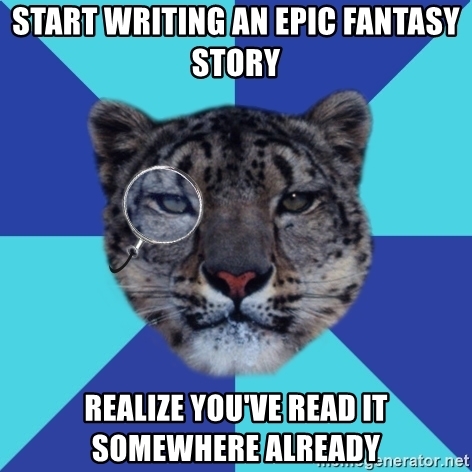
Mauri tū mauri ora
An active soul is a healthy soul
Kia ora. This week we are going to continue looking at the elements of fantasy writing. The goal is to craete a backdrop or template for each element so that when it is time to write your own fantasy story you already will have all the building blocks you will need to build your cstle (a bit of a mixed metaphor but we will see what happens). This week we are going to focus on setting andcharacter. Remember setting is both place and time and differs from location.
Success Criteria: I can/have...
- Identify elements of the genre fantasy
- Describe a fantasy character and the role they play
- Create a fantasy world as a setting of your story
Activities:
- Do now - google classroom
- Create your own setting/fantasy villain (individual activity) - Google classroom
- Fantasy trigger/fantasy guide (independent activity) - Google classroom
Homework:
Read a book!EXPLORE / TŪHURA learning intentions:
- We are EXPLORING the genre of fantasy and recognising the elements that create this genre.
- We are EXPLORING how setting and characters display attributes that support the genre
- We are researching settings in our own reading
-
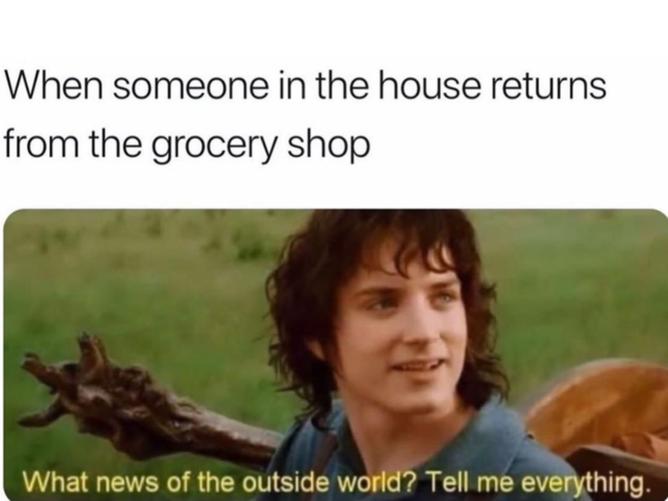
I timu noa te tai
Certain conditions are best left to work themselves out
Kia ora. I hope you all settled back into on-line learning last week and were able to continue working on your fantasy guide and fantasy object work. This week, we are going to create a fantasy creature tp populate your fantasy world and make some notes to help with the writing of our first chapters. Remember, the more time and thought you put in now, the easier the actual writing component will be.
Success Criteria: I can/have...
- Identify elements of the genre fantasy
- Describe a fantasy character and the role they play
- Create a fantasy world as a setting of your story
Activities:
- Do now - google classroom
- Complete fantasy creature activity (google classroom)
- Complete notes for opening chapter activity (google classroom)
Homework:
Read a bookFOCUS / ARONGA learning intentions:
- We are FOCUSING on the elements we will need to plan to write our own fantasy stories, choosing the actions our characters will take and describing our characters. We are identifying setting (place and time) and explaining how our character moves from the real world into the fantasy world.
-
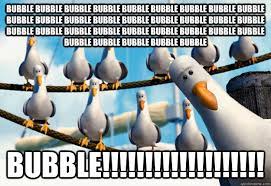
E noho e, kia raungāwari
Sit down and bide your time
Kia ora. I hope you are all safe in your bubbles. Routines are important, and so is taking time to chill so this week, we have a do-now task, a google meet on Monday (and a catch-up session on Thursday) and are going to continue to plan our fantasy writing. Please also make time to catch-up with your friends digitally, read a book, solve a puzzle, go for a walk, learn to cook a new food, be kind to your parents and be kind to yourself. Oh, and afternoon naps are also good!
Success Criteria: I can/have...
- Identify elements of the genre fantasy
- Plan a fantasy story using elements already created
- Develop a quest for my story
Activities:
- Do now - commas (google classroom)
- Complete story plan (google classroom)
Homework:
Read a book!FOCUS / ARONGA learning intentions:
- We are FOCUSING on the elements we will need to plan to write our own fantasy stories, choosing the actions our characters will take and describing our characters. We are identifying setting (place and time) and explaining how our character moves from the real world into the fantasy world.
-
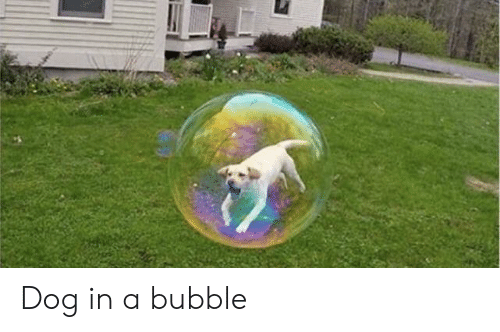
Kia ora. Hope you are all doing well, and managing to learn a new skill or try a new activity during level 4. I have been working on my crochet skills (I have never been able to crochet before) and I also spent some time getting weeds out of my garden! Next week, I might even start my vege seeds so I can plant them out when the weather gets a bit warmer! This week, we are going to spend some time defining the quest we will be sending our protagonist on in our fantasy writing, and also looking at how we can create a sense of tension in our writing.
Success Criteria: I can/have..
- Identify elements of the genre fantasy
- Plan a fantasy story using elements already created
- Develop a quest for my story
Activities:
- Do now - formal language - Direct Speech (Google classroom)
- Fantasy quest planning (google classroom)
- Fantasy tension planning (google classroom)
Homework:
Read a bookFOCUS / ARONGA learning intentions:
- We are FOCUSING on the elements we will need to plan to write our own fantasy stories, choosing the actions our characters will take and describing our characters. We are identifying setting (place and time) and explaining how our character moves from the real world into the fantasy world.
-
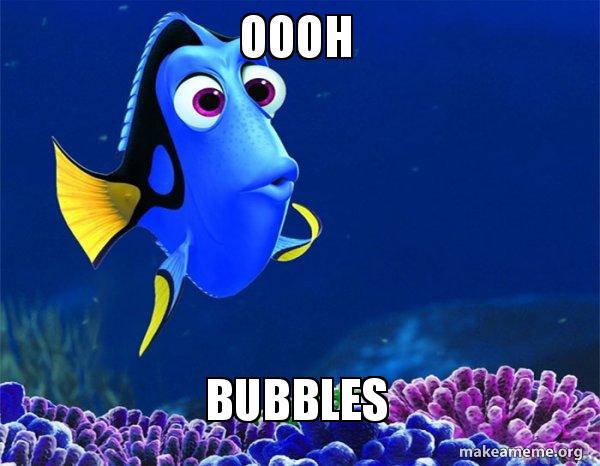
Kia ora. Hope you are all safe and well. This week, we are going to put all the pieces of our story together and start the writing. Thank you to the people who have added a first line to the padlets, if you have not done so yet, please action this this week. If you have added a first line, add a second one...... they are really interesting to read and to imagine what is happening. They may also inspire you when it comes to writing the first line of your story. The link to the padlet is on last weeks MHOL.
Success Criteria: I can/have...
- Identify elements of the genre fantasy
- Plan a fantasy story using elements already created
- Write my story
Activities:
- Do now - formal language (google classroom)
- Start your first draft of your story - you can write it on paper or on the computer. This is your first draft so it will be rough..... you will be editing next week.
Homework:
Read a bookPLAN & DO / WHAKAMAHI learning intentions:
- We are PLANNING the elements of our fantasy story so that we can share our story with an audience. We are writing our story and publishing on a google document. We ate thinking about the purpose and audience and applying this to our writing.
-

Kia ora. Well, this could be the week where we finally get takeaways again. What's first on your list? This week we are going to continue writing our fantasy stories. If you have completed your first draft, it's time to edit. If you haven't finished your draft yet, focus on getting that completed. I have added a document to google classroom where you can copy and paste/write your story. It's okay if this is still in draft form :-)
Success Criteria: I can/have...
- Identify elements of the genre fantasy
- Plan a fantasy story using elements already created
- Write my story
- Edit my story
Activities:
- Do now - formal language (google classroom)
- Write and edit story (show not tell(
Homework:
Read a bookPLAN & DO / WHAKAMAHI learning intentions:
- We are PLANNING the elements of our fantasy story so that we can share our story with an audience. We are writing our story and publishing on a google document. We ate thinking about the purpose and audience and applying this to our writing.
-
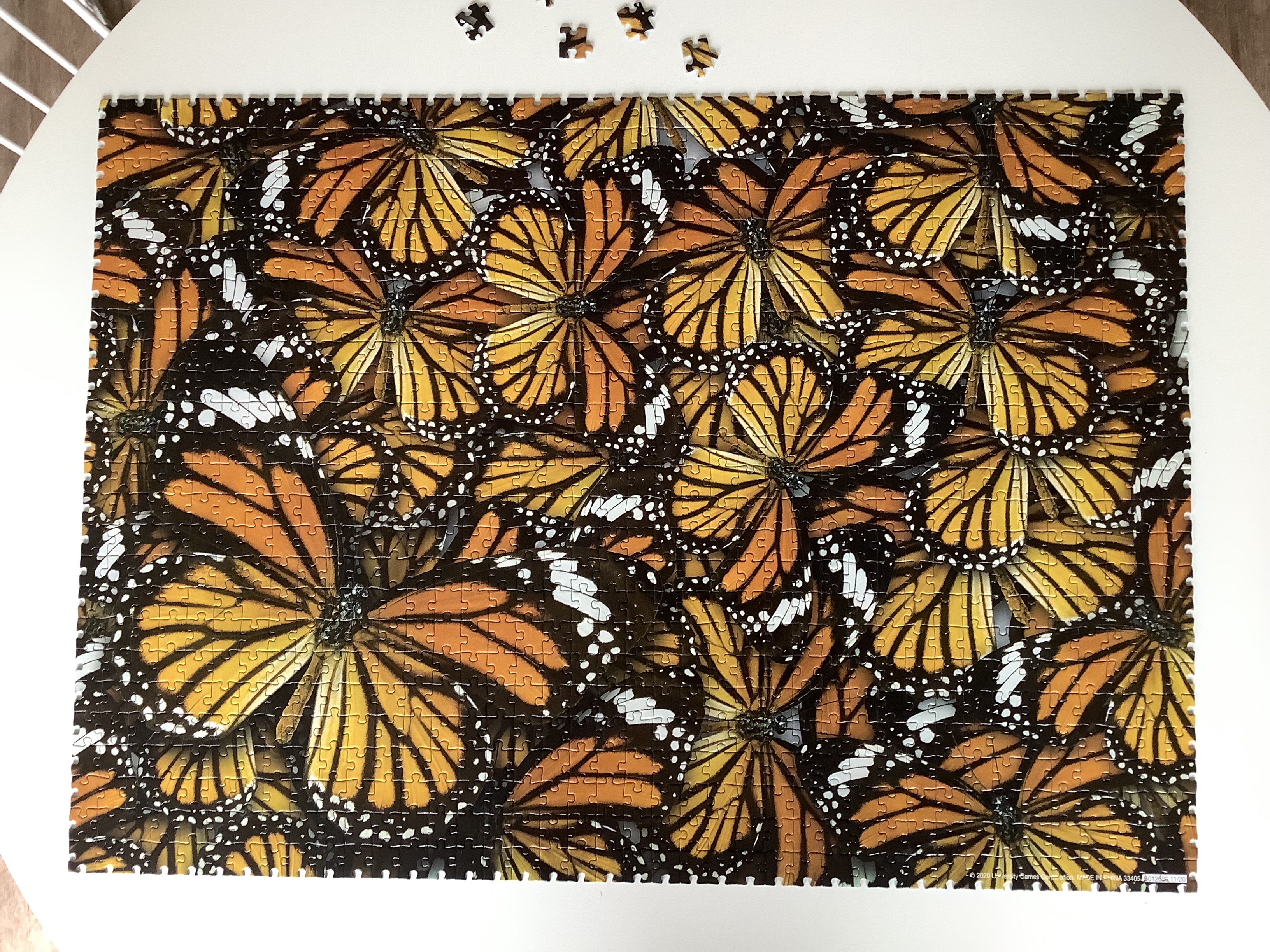
Kia ora, no meme this week, I thought I would show you the jigsaw I completed over the lockdown instead! It was HARD!. This week, I want you to finish writing your stories, and for those who have, I have set up a series of activities on-line at Imagine Forest. There is a link in the PDF attached to the bottom of this page that will talk you through how to register and get to the activities I have set. I have not given you a "do now" this week, but please try and finish all the do-now's since I last saw you.
Success Criteria: I can/have...
- Identify elements of the genre fantasy
- Plan a fantasy story using elements already created
- Write my story
- Edit my story
Activities:
- Complete your story
- Use the PDF below to enrol in our class at Imagine Forest
Homework:
Read a book. -
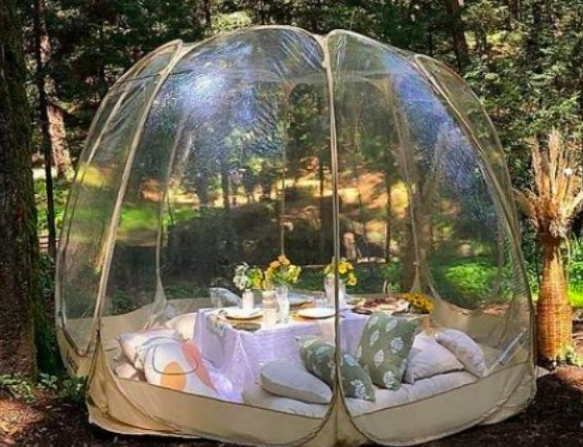
Kia ora. I hope you have all have had a restful break. It is disappointing that we can not be together in person for the start of Term Four, fingers and toes crossed that we will be able to return to the school site soon. This week, you will be focussing on your projects. I therefore have no English tasks for you other than those related to your project. Please make sure your written work reflects care in spelling, punctuation and sentence structure, and of course, keep up with your Reading+ and Cars and Stars work.
All the best and keep safe until we can catch up again in Week Two (unless you are in my LA group. in which case, I will see you on line in the next few days) :-)
Success Criteria: I can/have...
- completed and written up/presented my project
Activities:
- Project
- Project
- Project
Homework:
Project -
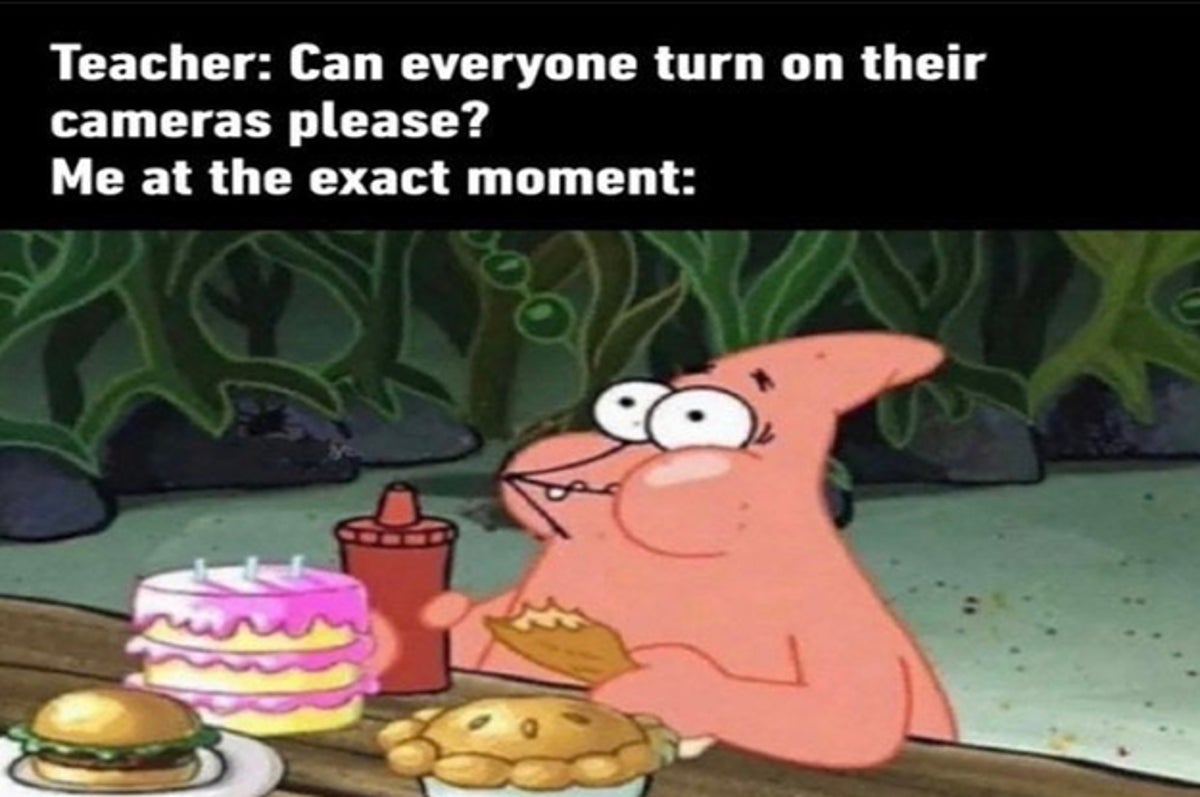
I orea te tuatara ka patu ki waho
A problem is solved by continuing to find solutions
Kia ora. I would like to challenge you all to try something really scary this week. I would like you to turn your camera's on in class so I don't feel like I am teaching (or talking to) a computer screen. I know this makes some of you uncomfortable (I know it is not my favourite thing to do) so I am giving you a link to a filter app. I have been using this one on my calls and meets and it is making me way less conscious about them. Have some fun - there are lots of filters to choose from - I look forward to teaching a class of princesses, or shreks, or even people with beards :-)
This week we are going to look at reading comprehension strategies - these are all the things you do when you are reading to get meaning from the text. There is a text and activity sheet on google classroom for you to complete.https://snapcamera.snapchat.com/ (I will add the link to the resources at the bottom of the page also).
Success Criteria: I can/have...
- Read the text
- Read the questions
- Identify key words in the questions
- Skim and scan the text for key words
- Read around the key words to locate answers
- Record answers using evidence from the text
- Check that my answer answers the question asked
Activities:
- Google Classroom (Reading Comprehension activity)
Homework:
Read a book you have access to at homeEXPLORE / TŪHURA learning intentions:
- We are EXPLORING the reasons why an author writes and recognising the purposes and audiences that inform their decisions.
- We are EXPLORING a range of reading strategies that help us make sense of our reading and investigating how using these strategies help us answer questions about our text.
-
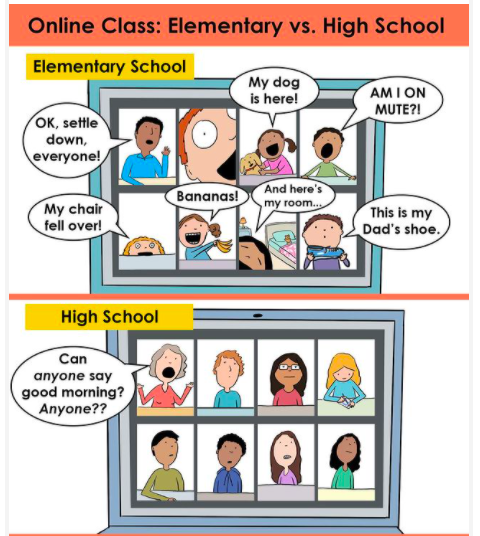 Kei ōu ringaringa te aoThe world is yours
Kei ōu ringaringa te aoThe world is yoursKia ora. This week we are going to continue working on our reading comprehension strategies. I have chosen a text for you is an excerpt from a Roald Dahl book - you may have already read the whole book. Our context is fads - and you may wonder what this story had to do with fads........ Roald Dahl's writing is popular with young readers - if they find a book like like, they devour many more books - but then, they discover different authors and books, and Dahl's books are replaced by new favourites. This is similar to the life cycle of fads.
Success Criteria: I can/have...
- Read the text
- Read the questions
- Identify key words in the questions
- Skim and scan the text for key words
- Read around the key words to locate answers
- Record answers using evidence from the text
- Check that my answer answers the question asked
Activities:
- Google Classroom (Reading Comprehension Activity)
Homework:
Read a book!EXPLORE / TŪHURA learning intentions:
- We are EXPLORING the reasons why an author writes and recognising the purposes and audiences that inform their decisions.
- We are EXPLORING a range of reading strategies that help us make sense of our reading and investigating how using these strategies help us answer questions about our text.
-
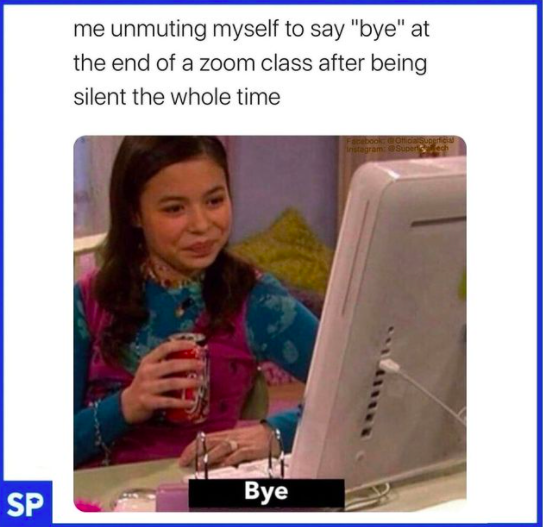
Tū whitia te hopo
Overcome your fear
Kia ora. It's week four! Hopefully we we get an idea early this week about what the rest of the term will hold for us. I am looking forward to seeing you all again in person! This week we are going to complete our End of Year writing samples. Please don't get stressed about this, the process has ben well planned and some whanau have already written their samples. Whatis important is that you take the opportunity to do your best and show what your writing is like. You have a google meet at the start of the week, and your writing assessment on Wednesday. I have not set any other tasks for you as the writing sample is your focus. If you want to do something more, can I suggest reading plus/cars and stars.
Success Criteria: I can/have...
- Attend google meets for information
- Complete End of Year writing sample
Activities:
- Writing sample
Homework:
Read a book/reading plus/cars and stars
-
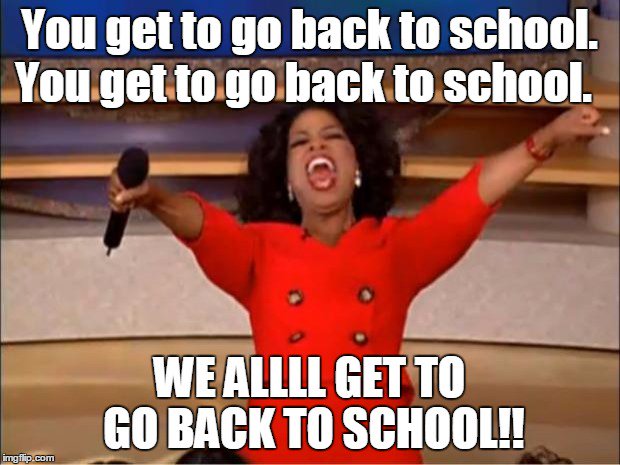
Kaua e hoki i te waewae tutuki, a apa ano hei te upoko pakaru
Do not turn back because of minor obstacles but press ahead to the desired goal
Kia ora. After so long, we are able to gather together again. I am looking forward to seeing some of you face-to-face. I know that some of you are anxious, and may take a little longer to come back to site, but I am excited to get back to MHJC and to hear what you have achived over the past few months. This week I have set reading comprehension tasks for you on Education Perfect. I would like us to be able to read novels, but am not sure we have the time (or the access to the school library) for us to make this a reality this year. We will have to be water, flowinging over rocks and adapt to the environment we find ourselves in.
Success Criteria: I can/have...
- Read the text
- Read the questions
- Identify key words in the questions
- Skim and scan the text for key words
- Read around the key words to locate answers
- Record answers using evidence from the text
- Check that my answer answers the question asked
Activities:
- Reading Comprehension (Education Perfect)
- Reading+/Cars and Stars
Homework:
Read a book (ask your parents what their favourite books were when they were your age) -
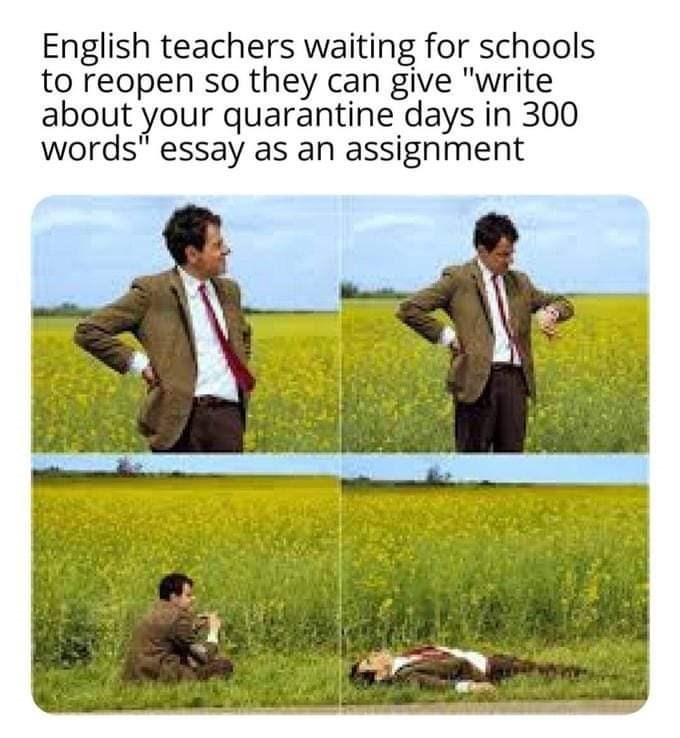
Sometimes I put these memes up just to see who's paying attention!
Kia ora. Hope you are all doing well, and keeping up with your wol. This week, you have English and Maths asttles to complete, so not a lot of work from me. I have given you a reading comprehension sheet to complete if you have an opportunity. Good luck with your reading asTTle, may the odds be ever in your favour.
Success Criteria: I can/have...
- Complete reading asTTle
- Use reading comprehension strategies to answer comprehension exercise
Activities:
- Reading asTTle
- Reading Comprehension
Homework:
Read a book -
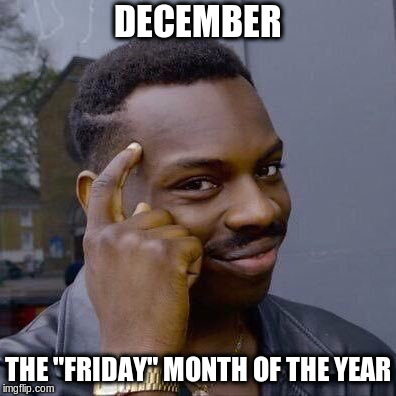
Ehara taku toa i te toa takitahi, engari he toa takitini
Success is not the work of an individual, but the work of many.
Kia ora. Well done on competing asTTles last week. This week I have set you a reading comprehension passage where you have to draw what you read. I am looking forward to your final results.
Success Criteria: I can/have...
- Locate details in a text
- Apply these to an image
- Check that my answers are accurate
Activities:
- Draw what you read activity (google classroom)
Homework:
Read a book -
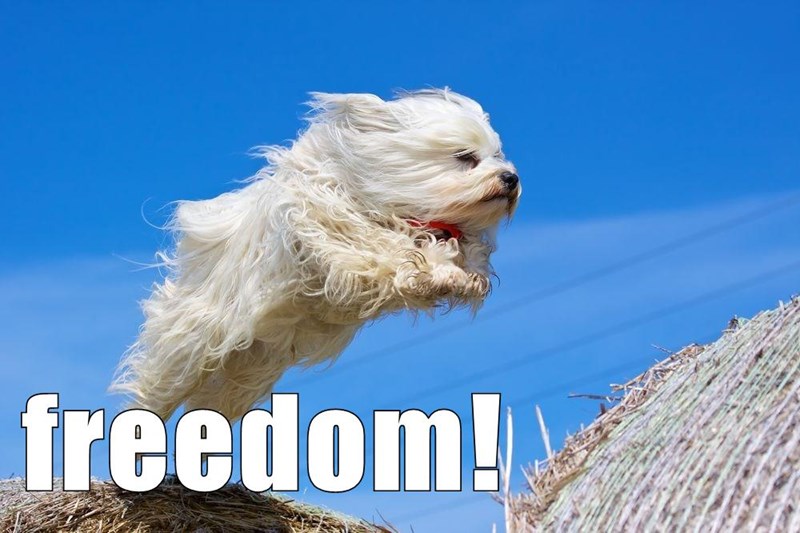
He maonga āwhā
Calm after the storm
Kia ora. A big thank you to those who have sent me your Read and Draw activity. We will be doing another read and draw activity this week........ We will also vote on the best effort last week.... who got the most detail into their image?
Success Criteria: I can/have...
- Locate details in a text
- Apply these to an image
- Check that my answers are accurate
Activities:
- Draw what you read activity (google classroom)
Homework:
Read a book -
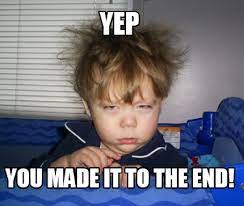
Kua hua te marama
Something has completed a full cycle
Kia ora. You made it. Well done. What a year it has been. I have enjoyed teaching you this year and while I am not in Mountain Whanau next year, I look forward to catching up with you in DEEP, the playground, crossing Valderama Road etc.
All the best, good luck and don't forget........ You are amazing!


